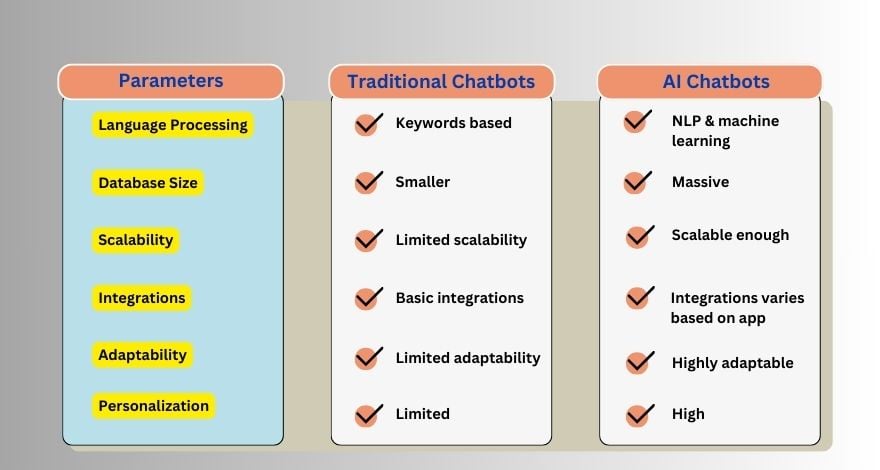ChatGPT: My Unexpected Journey from a Weekend Experiment to a Daily Essential
What started as a way to demonstrate the advanced conversational AI capabilities of GPT has evolved into a robust, all-purpose productivity tool. When I decided to make ChatGPT my search engine for the weekend, I thought it would be a quick fling. My plan was simple: test it out, see what it could do, and then, most likely, return to Google or Bing.
This wouldn’t be the first time I’d dabbled with alternatives like Komo, Perplexity, Andi, Presearch, and Ecosia. I imagined I’d still toggle over to Google, Bing, or Firefox for those more specific queries that only it seemed able to handle, or perhaps even head to Google.com manually when ChatGPT hit a roadblock.
My assumptions turned out to be wrong! Not only has ChatGPT stayed as my default search engine in Chrome as of the time of this writing, but I’ve found myself wishing I could make it my go-to on Safari and even my iPhone. Somehow, it’s grown from a weekend experiment into an essential tool that I now feel a little lost without.
ChatGPT's Evolution
ChatGPT launched just two years ago, initially as a showcase for the natural language abilities of OpenAI’s GPT-3 model. What started as a way to demonstrate the advanced conversational AI capabilities of GPT has evolved into a robust, all-purpose productivity tool. Far from being just a “smart assistant,” ChatGPT has positioned itself as one of the most powerful platforms for productivity, creativity, and problem-solving available today. And from what I can tell, it’s only getting stronger.
What Makes ChatGPT So Different?
There are a few things that surprised me. Unlike traditional search engines, ChatGPT doesn’t just bring up links or give you a short summary. It’s capable of generating in-depth answers, offering insights, brainstorming ideas, and even performing certain tasks that would typically require switching between multiple apps or websites — as expected.

In the past few weeks, I’ve used it to generate ideas, summarize documents, clarify complex concepts, and even do some light coding. It has proven to be versatile in ways I hadn’t anticipated. Google remains the king of the internet’s vast information ecosystem. However, the depth of interaction I get with ChatGPT makes it a completely different experience.
Instead of being bombarded with options or having to sift through search results, I can ask questions in natural language and get contextually relevant answers right away. It’s more like having a knowledgeable friend than simply interacting with a search engine.
Another unique aspect of ChatGPT is how it helps me clarify my thoughts. For instance, if I’m struggling to structure an argument or need to outline an article, I can “talk it through” with ChatGPT. This level of engagement has made it an invaluable tool for someone who frequently works with words. It’s almost like a writing partner who can help brainstorm, revise, and improve my drafts.
My Takeaway
ChatGPT Isn’t Just Another Tool; It’s a New Way of Working. If you’re still using ChatGPT as a curiosity or occasional assistant, I’d recommend giving it a try as your default search engine for a few days. You might be surprised by how much it changes the way you approach finding information and even how you work on day-to-day tasks.

For me, what started as a brief experiment has turned into a full-fledged transition. ChatGPT isn’t replacing Google outright — it’s more that it’s filling a new role in my digital life, one that I didn’t realize was missing. Two years on, it has moved well beyond its origins as a demonstration of natural language processing capabilities and established itself as a powerful productivity platform in its own right. And, in my experience, that role is only going to grow from here.










